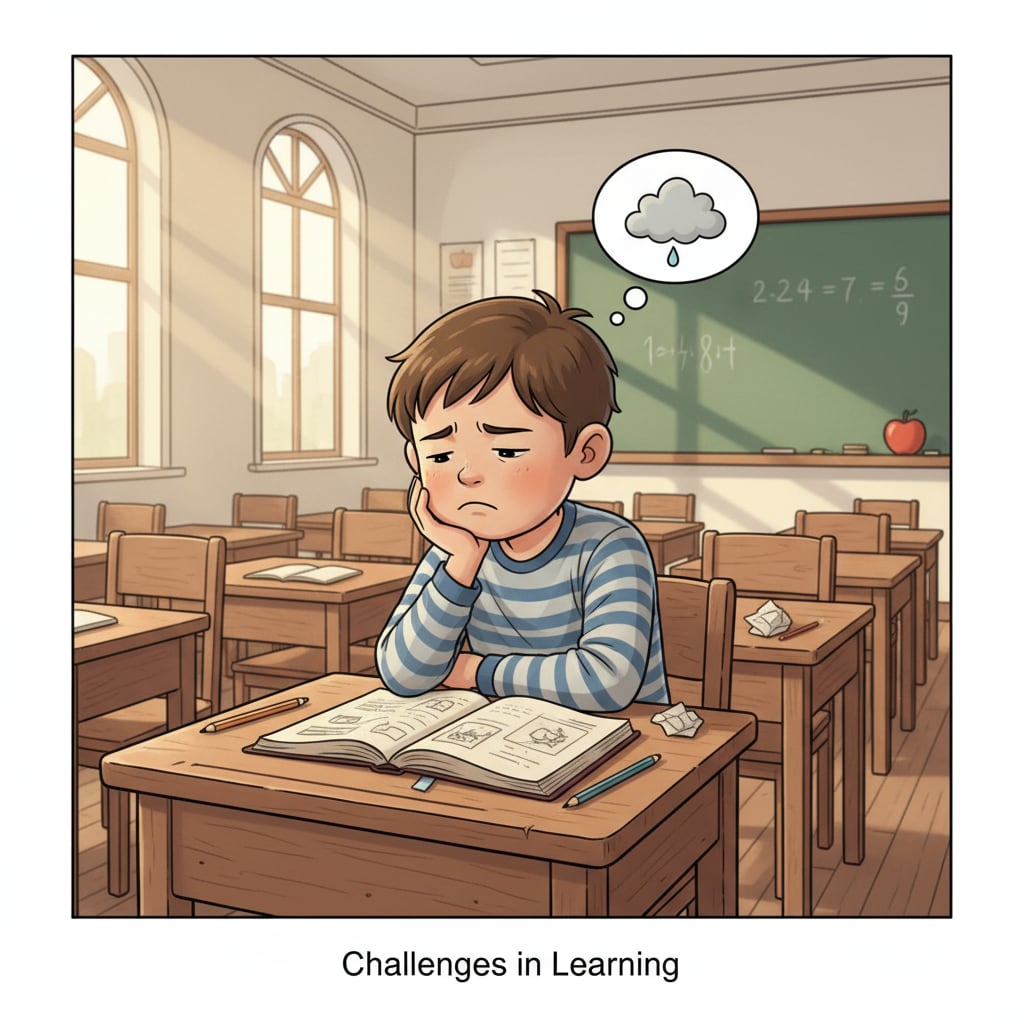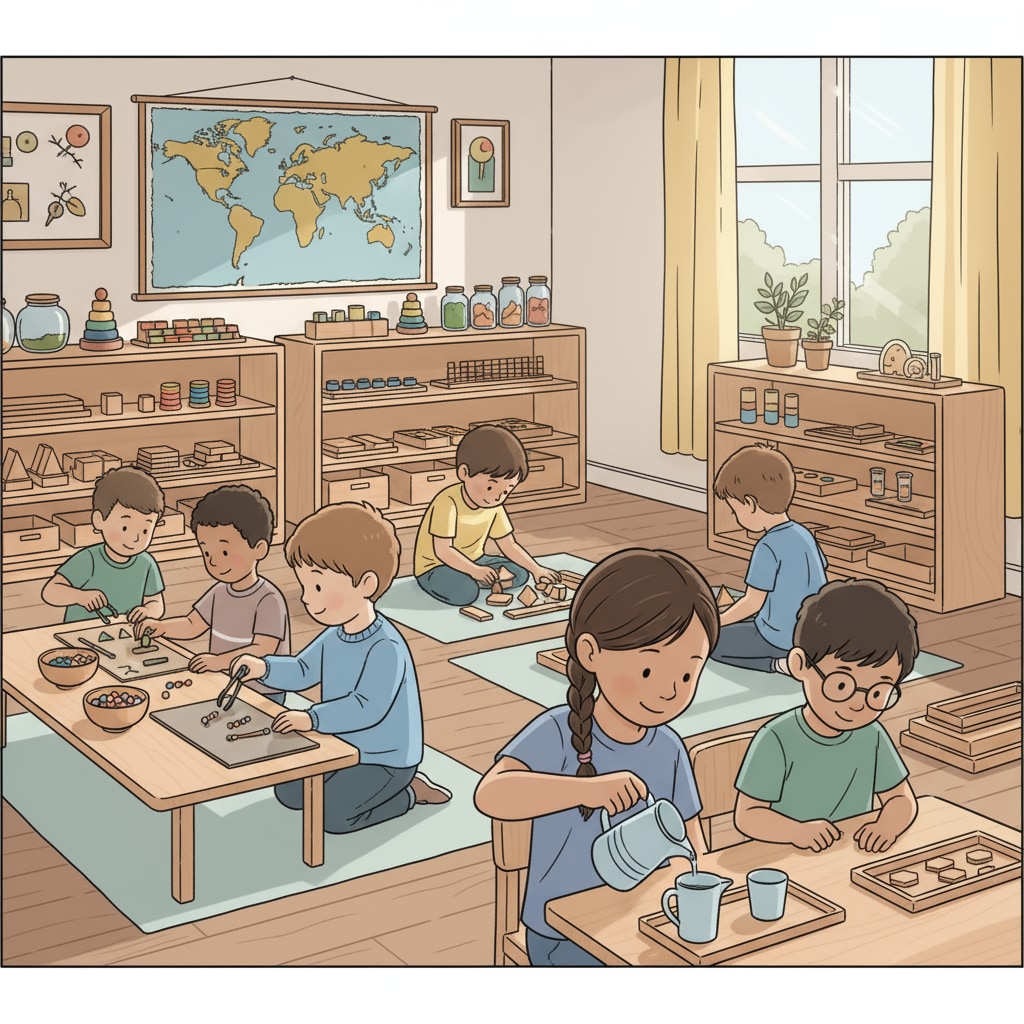Education choices, school trauma, and alternative education are topics that many parents grapple with when they realize that the traditional educational model might not be the best fit for their children. Every child is unique, and some may face challenges or have learning styles that don’t align with the one-size-fits-all approach of mainstream schools. This can lead to school trauma, which might manifest as stress, anxiety, or a lack of enthusiasm for learning. In such cases, exploring alternative education options becomes crucial.
Understanding School Trauma
School trauma can stem from various factors. For example, a child who is highly creative might feel stifled in a classroom environment that emphasizes rote memorization and standardized testing. As a result, they may start to dread going to school. According to the American Psychological Association, experiences like bullying, academic pressure, or a lack of individualized attention can also contribute to school trauma. This is where alternative education comes into play, offering a different set of educational experiences.

Montessori Education: A Holistic Approach
Montessori education is one popular alternative. It focuses on the individual needs of each child. In a Montessori classroom, children are given the freedom to choose their activities within a prepared environment. This hands-on approach allows them to learn at their own pace. For instance, a child interested in science can spend hours exploring experiments. As stated on Wikipedia’s page on Montessori education, the Montessori method aims to develop a child’s physical, emotional, and cognitive skills simultaneously, providing a more balanced educational experience compared to traditional schools.

Another alternative is democratic schools. These schools operate on the principle of student self-governance. Students and teachers together make decisions about the curriculum, rules, and daily operations of the school. This gives children a sense of ownership and responsibility for their education. For example, they can vote on which topics to study, encouraging active participation and a love for learning.
Homeschooling is also a viable option. Parents can tailor the curriculum to their child’s interests and learning style. It provides a safe and comfortable environment where children can learn without the pressures of a traditional school setting. However, it’s important for parents to ensure they have the resources and time to provide a comprehensive education.
Readability guidance: By exploring these alternative education options, parents can help their children overcome school trauma and find an educational path that suits their unique needs. Each option has its own merits, and it’s up to parents to weigh the pros and cons based on their child’s personality, interests, and learning requirements.


